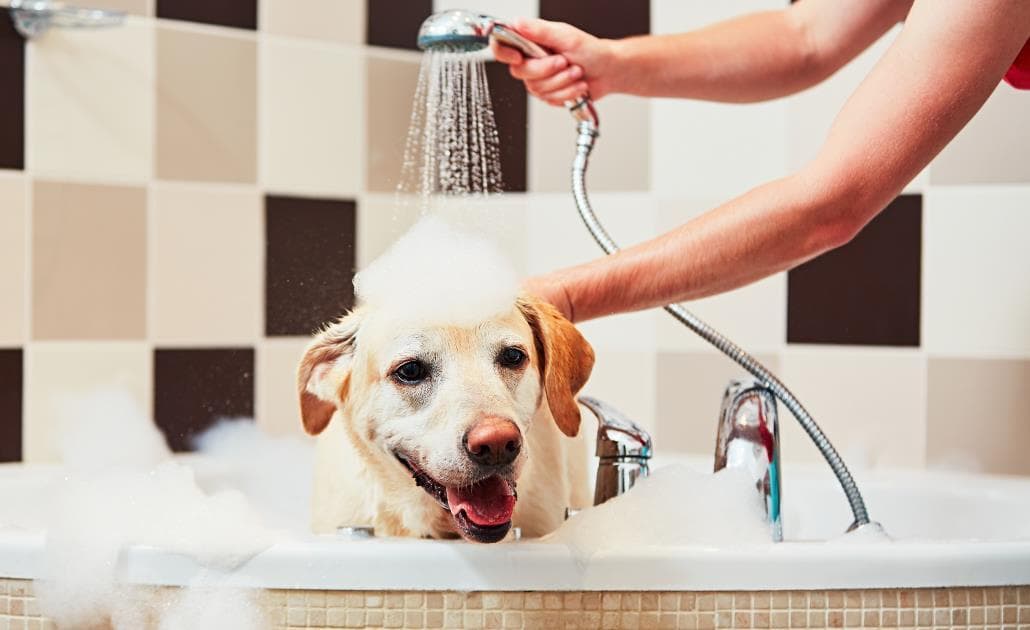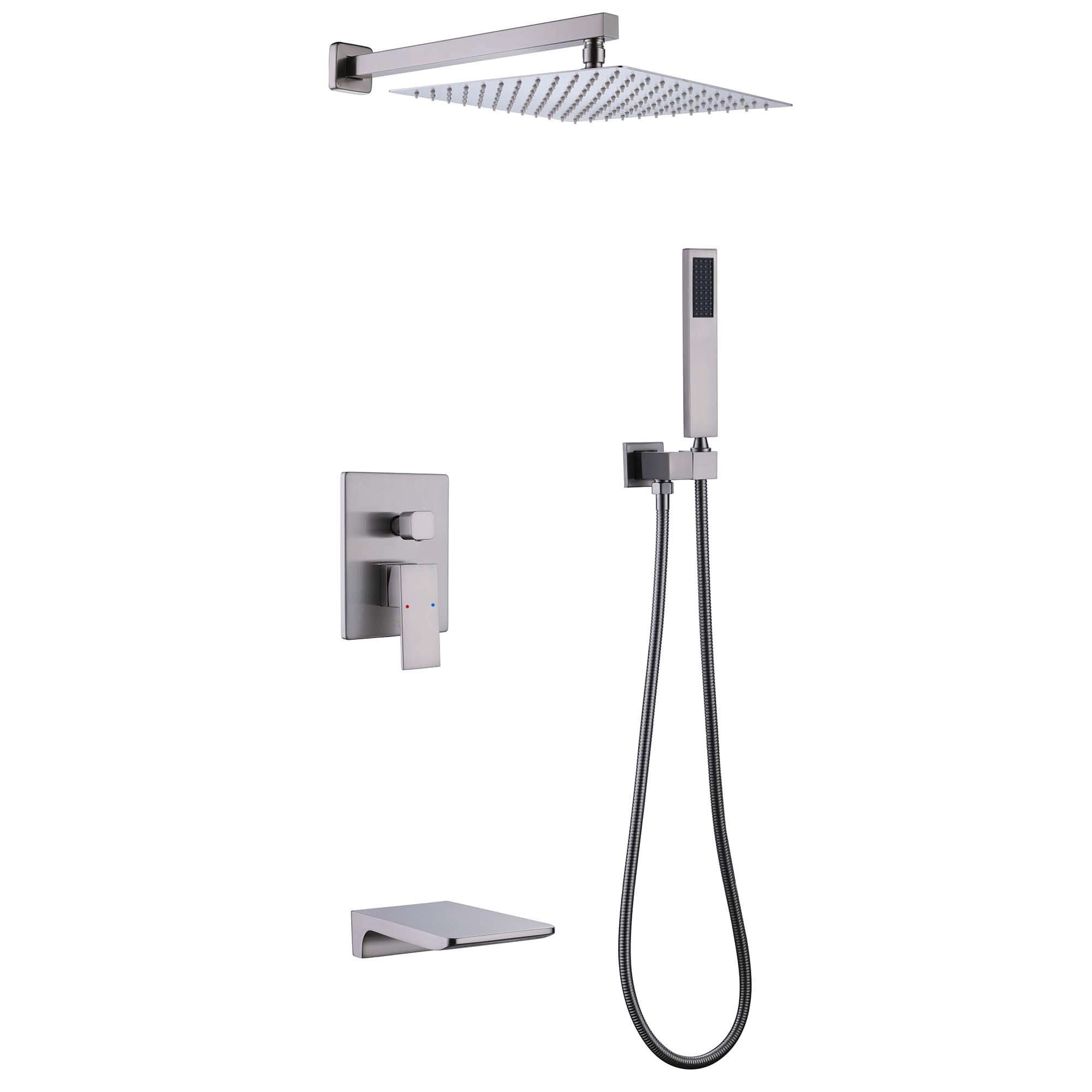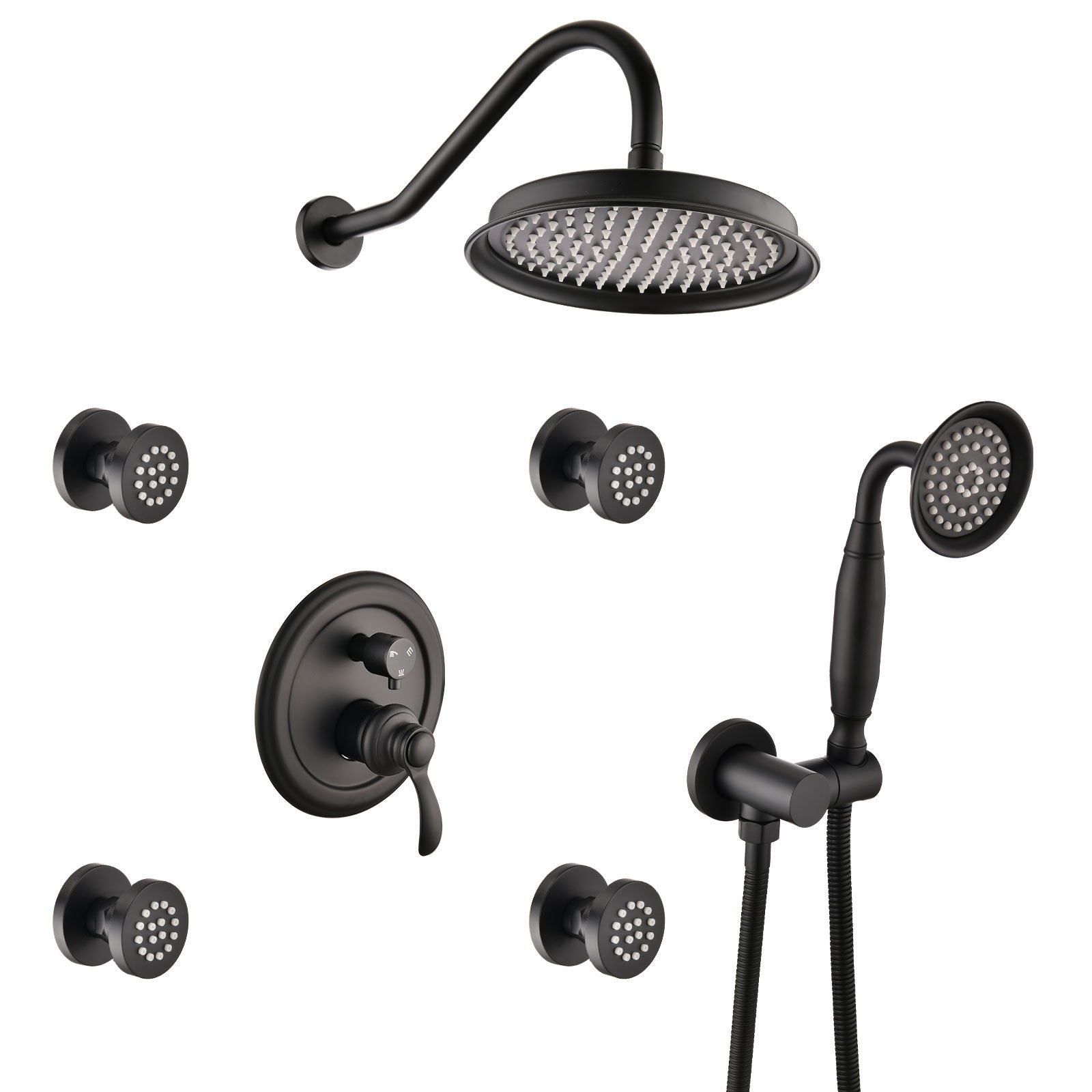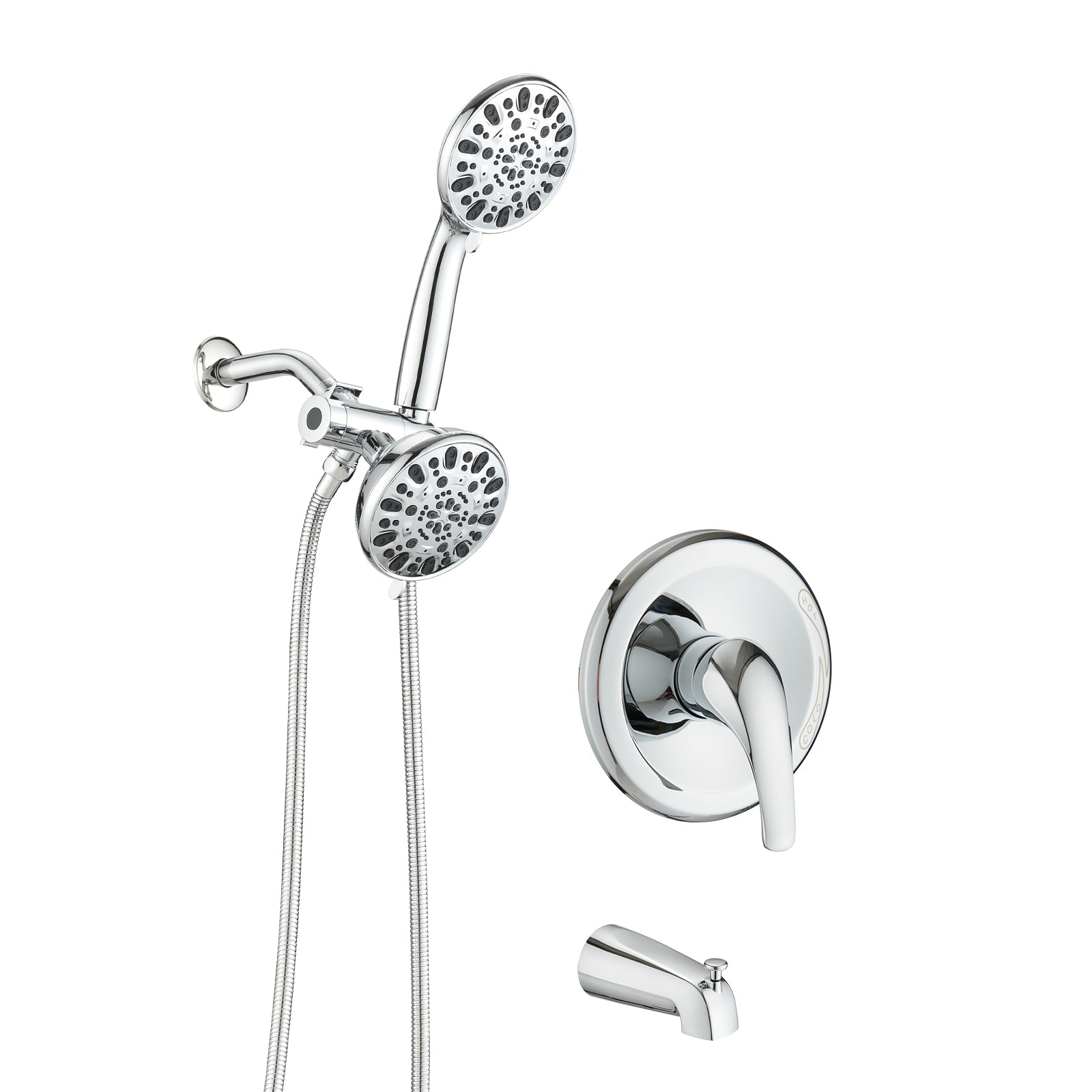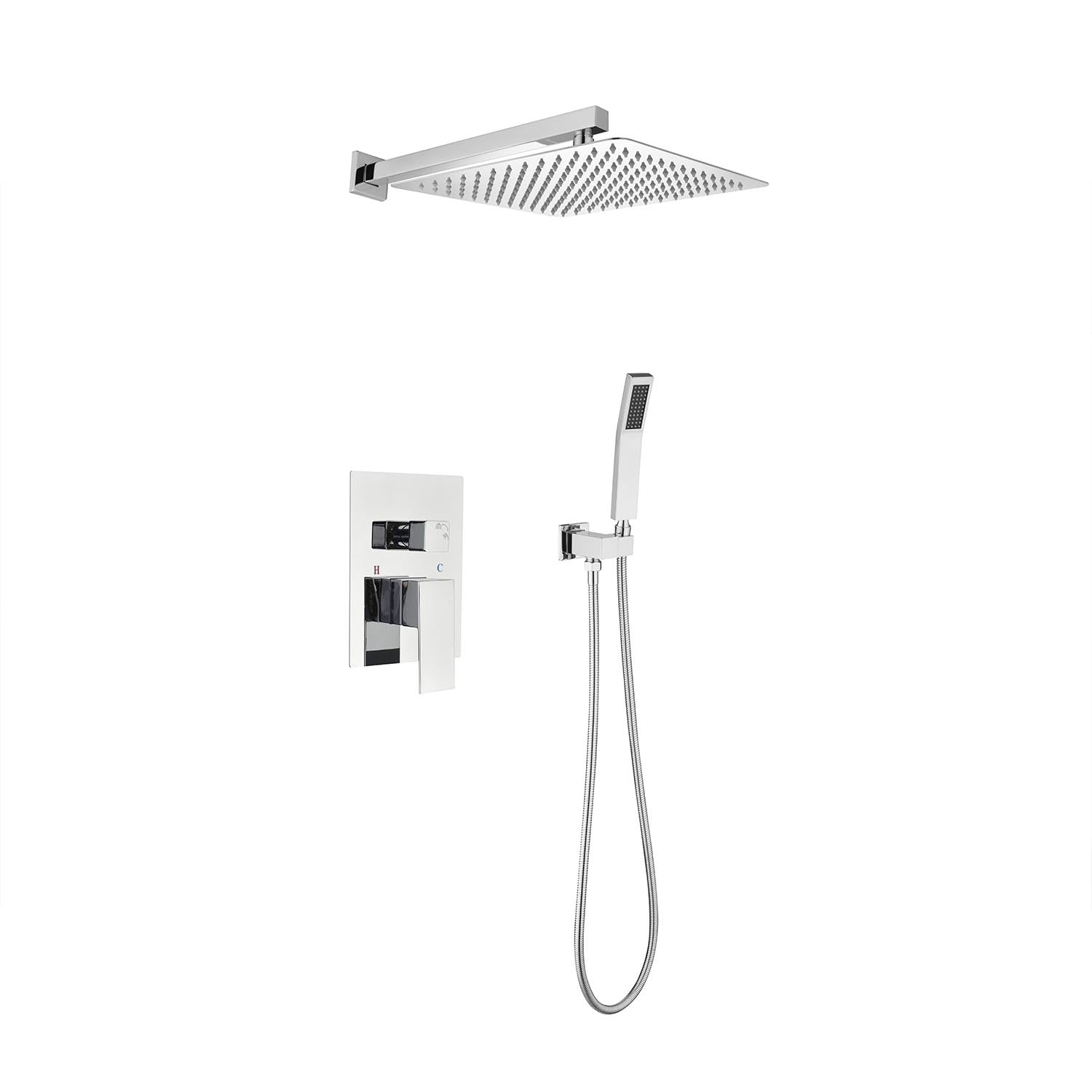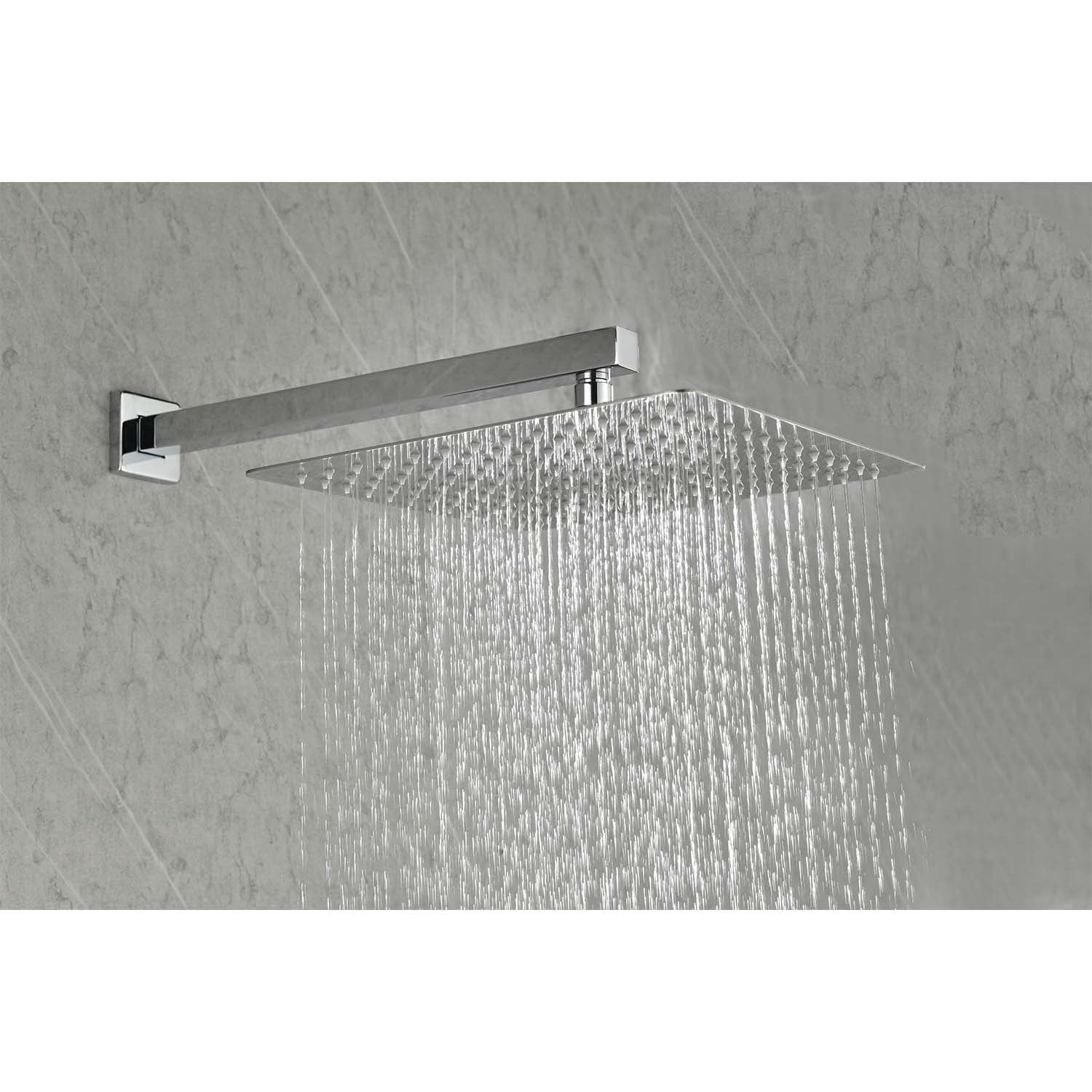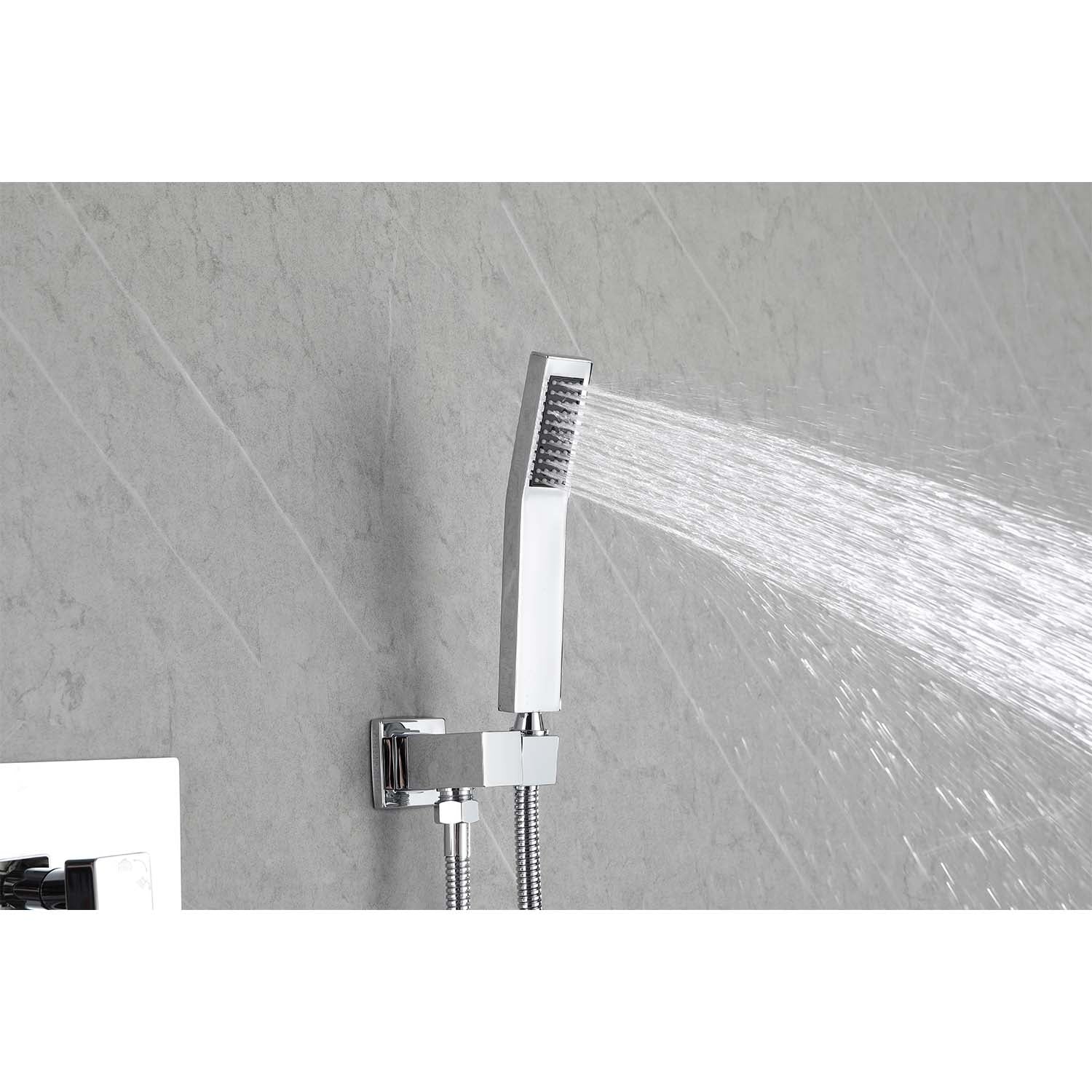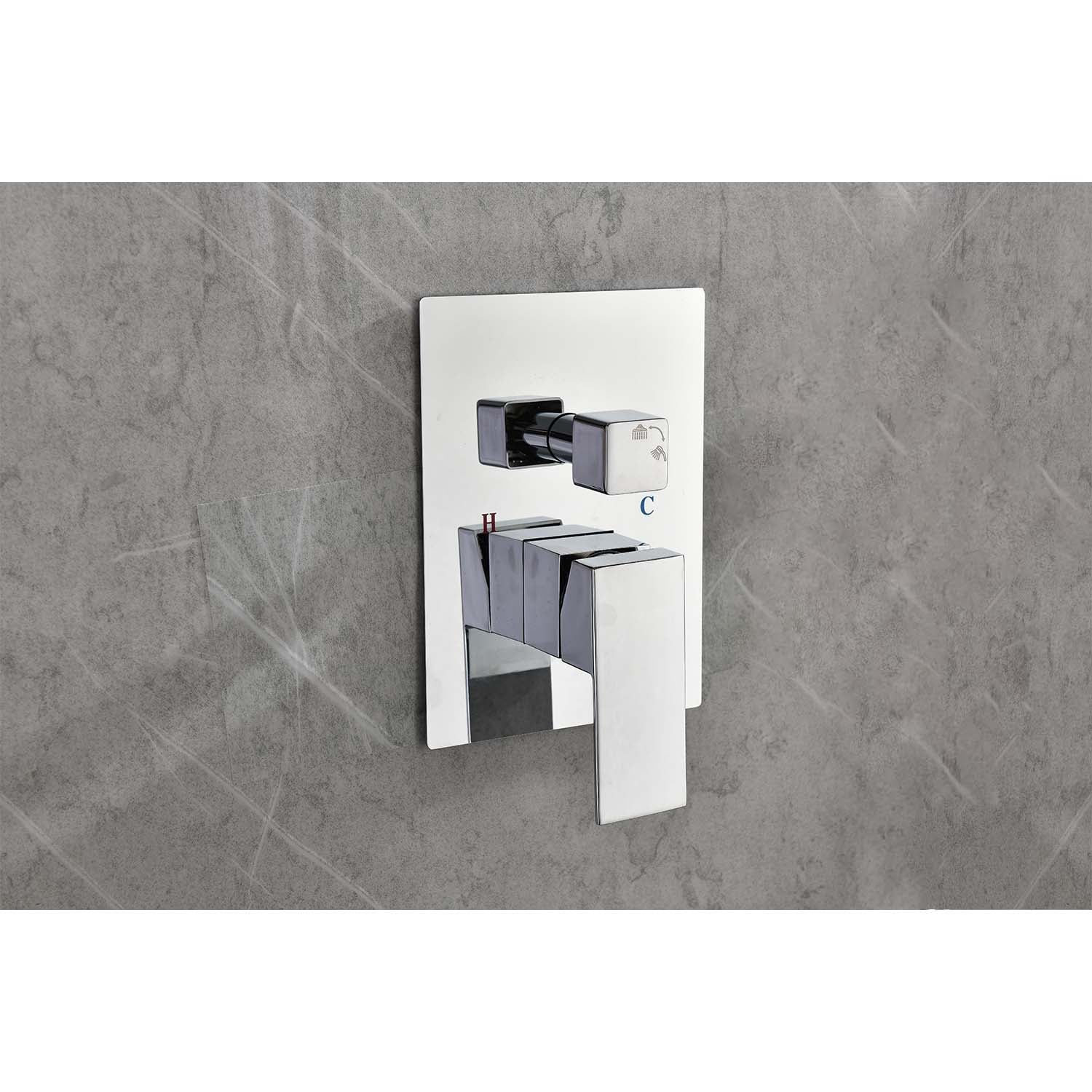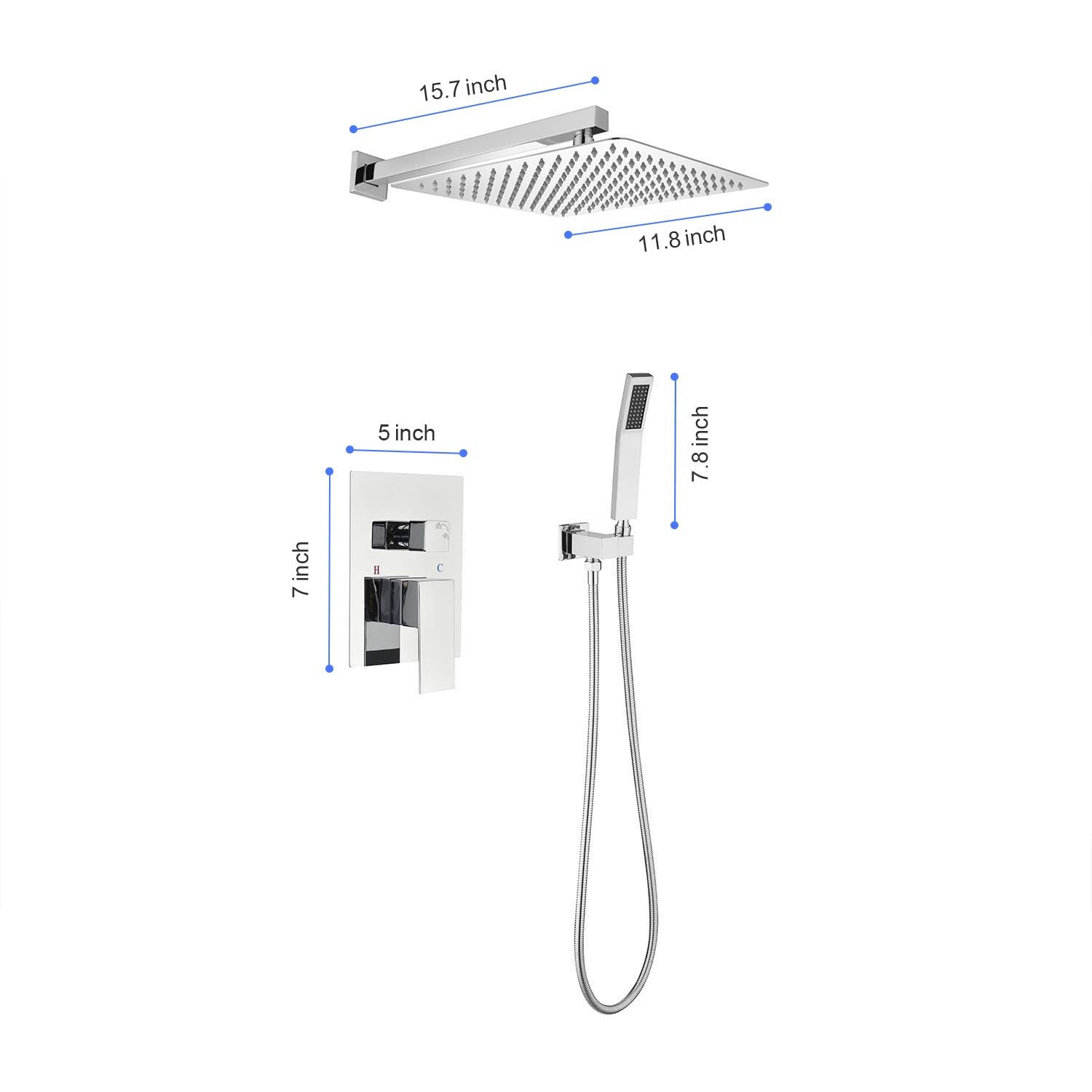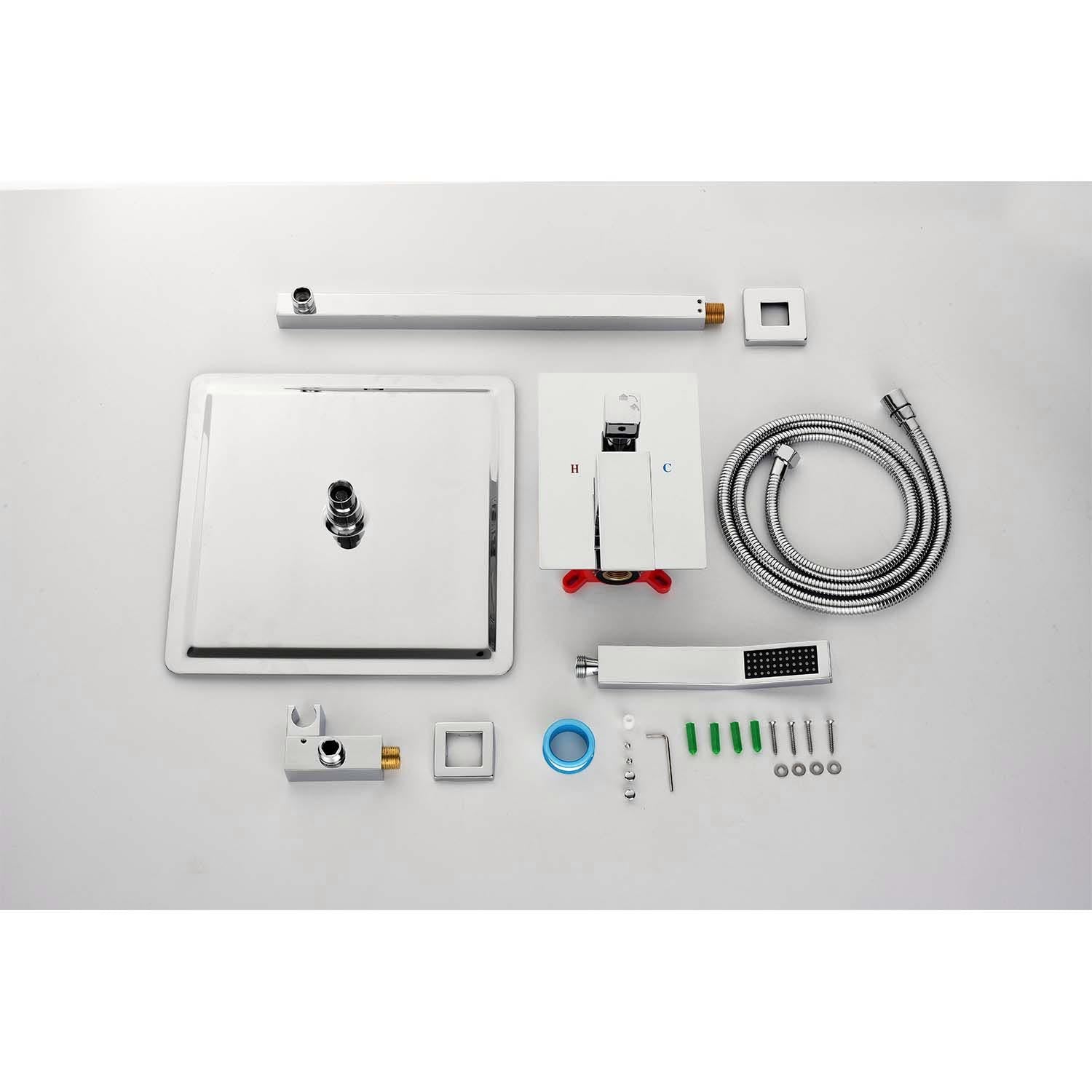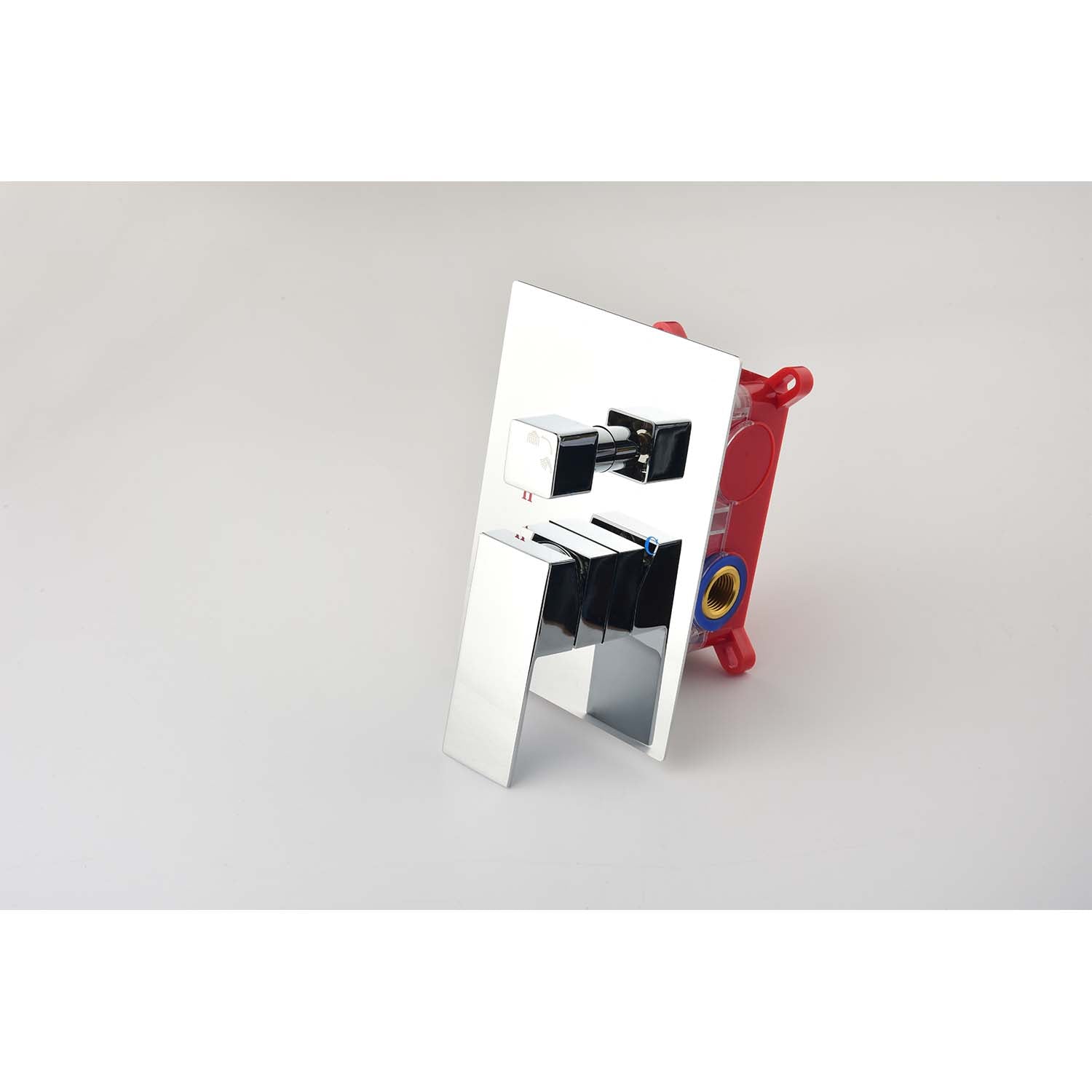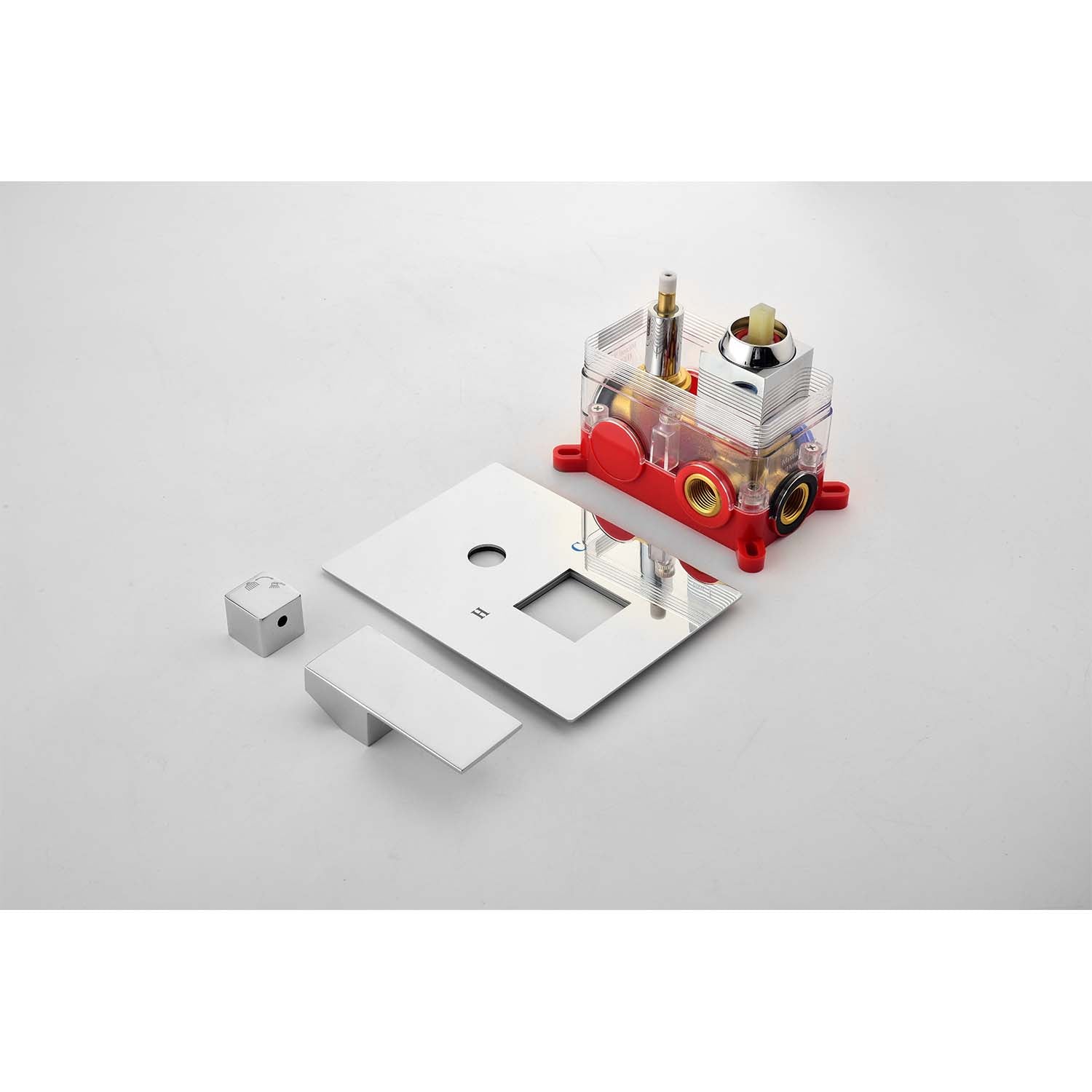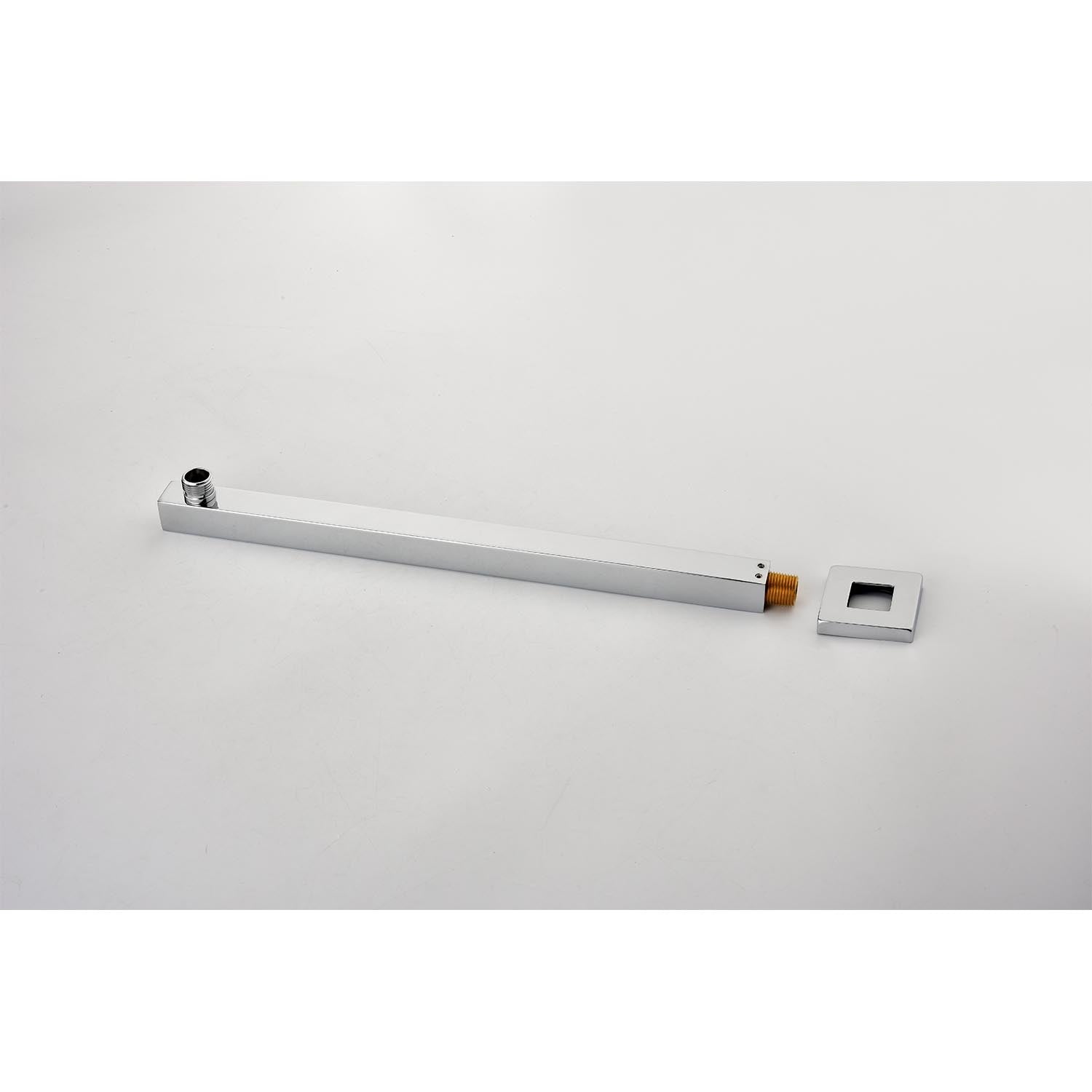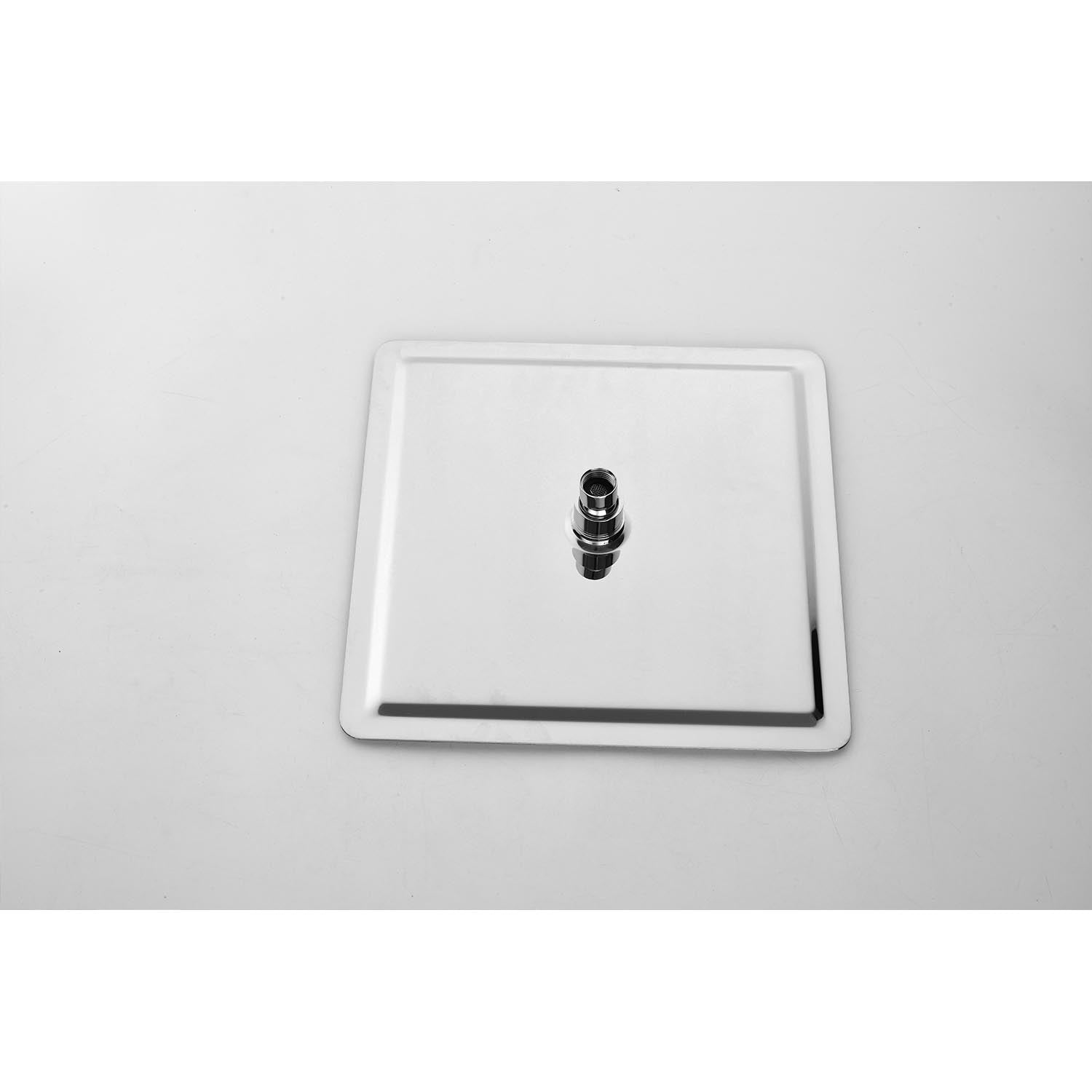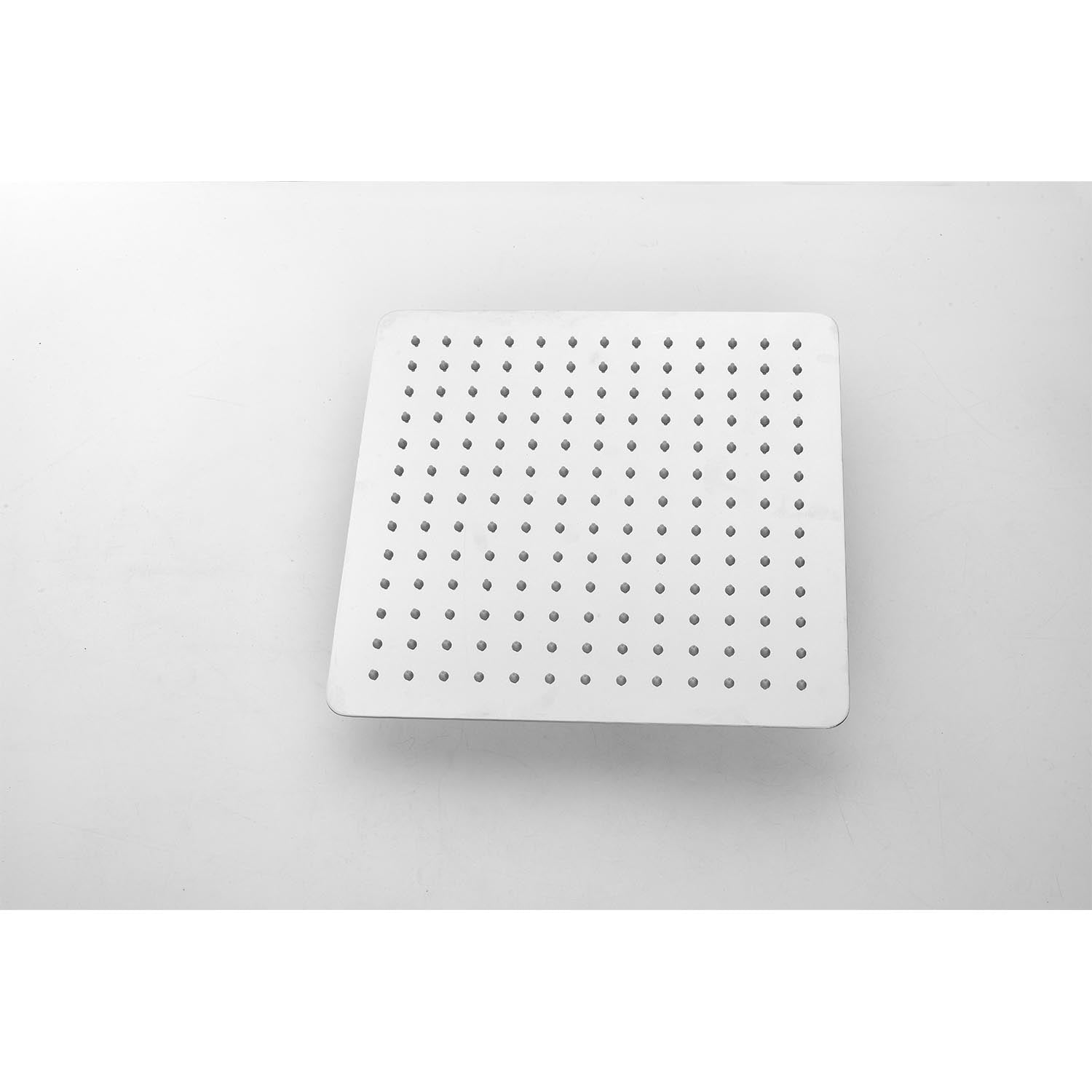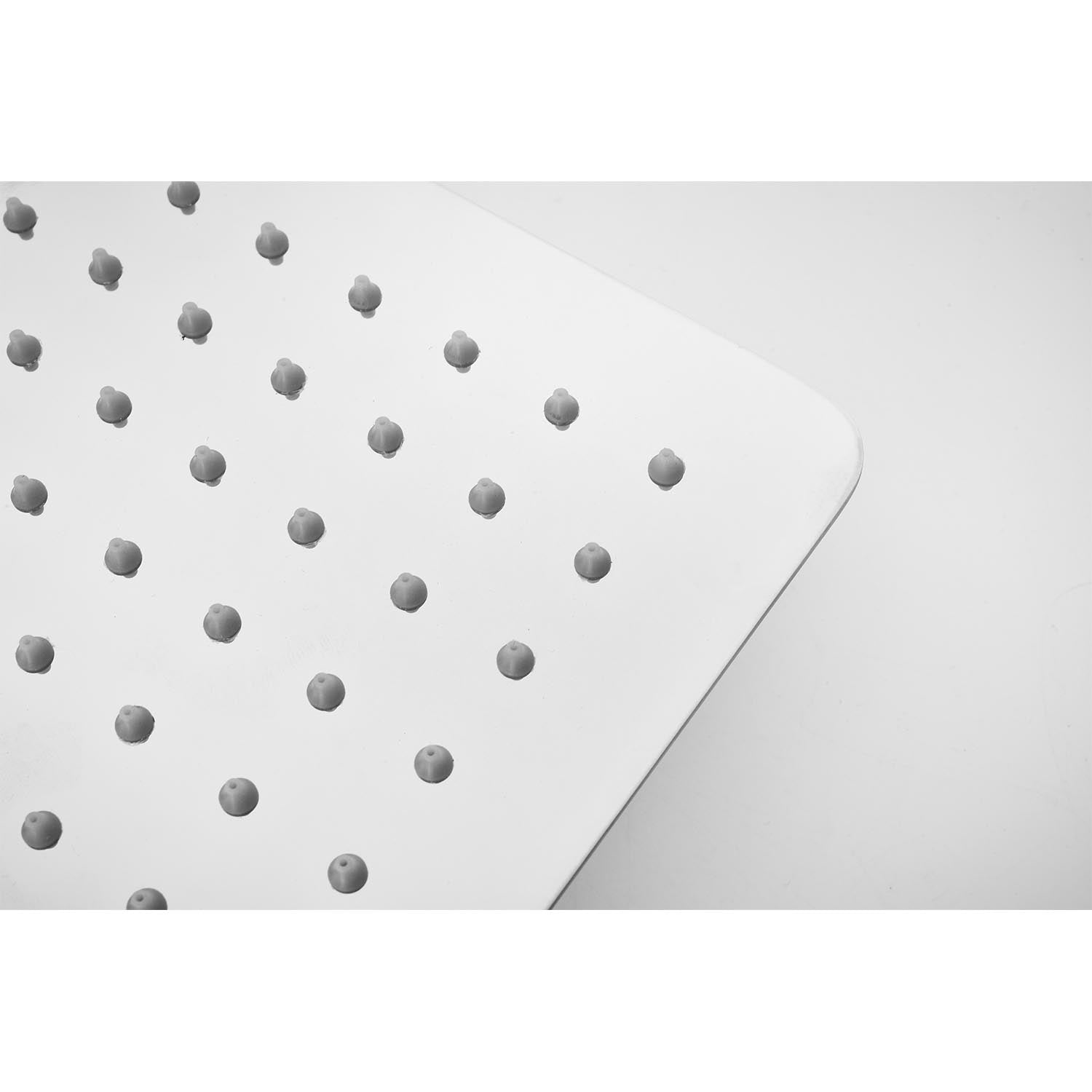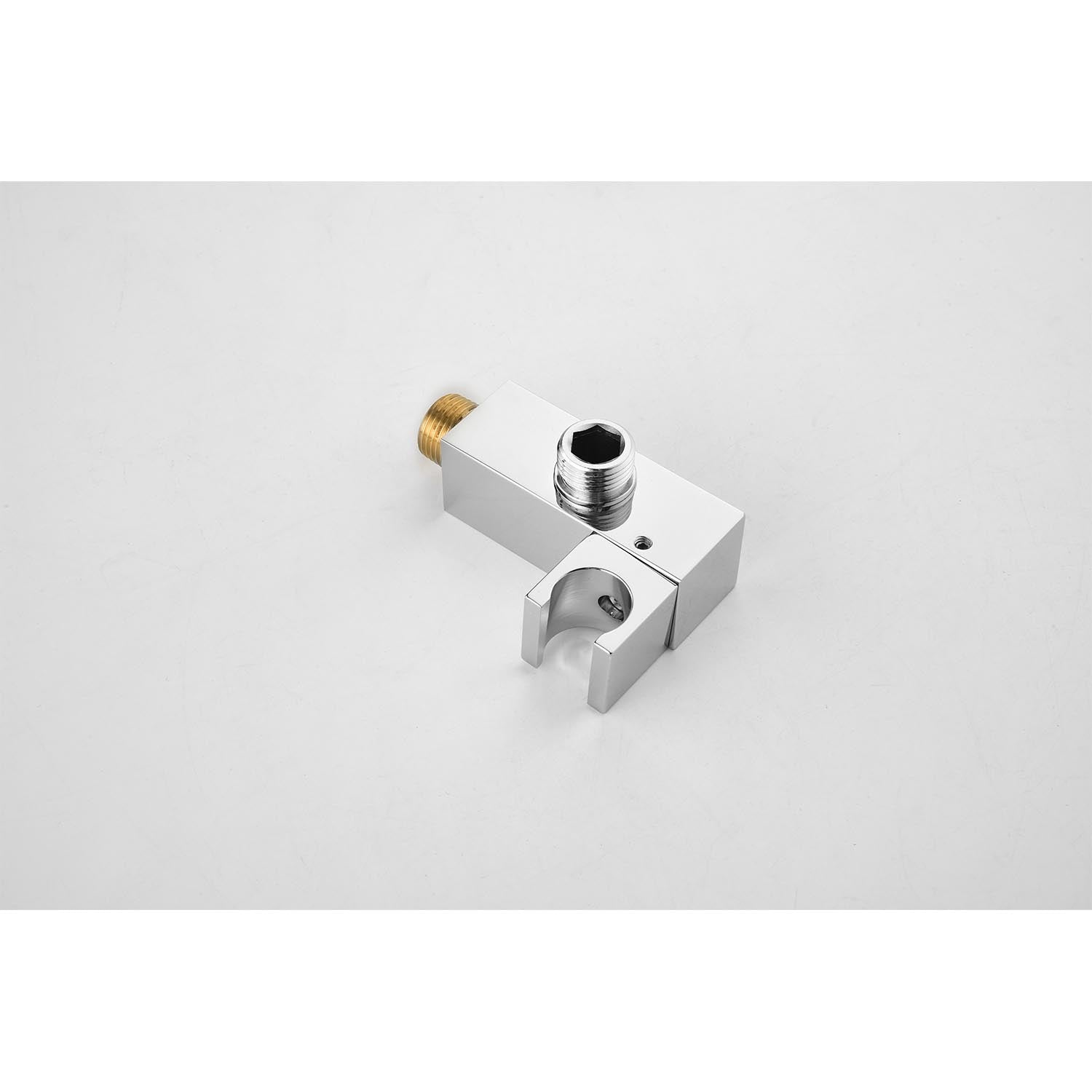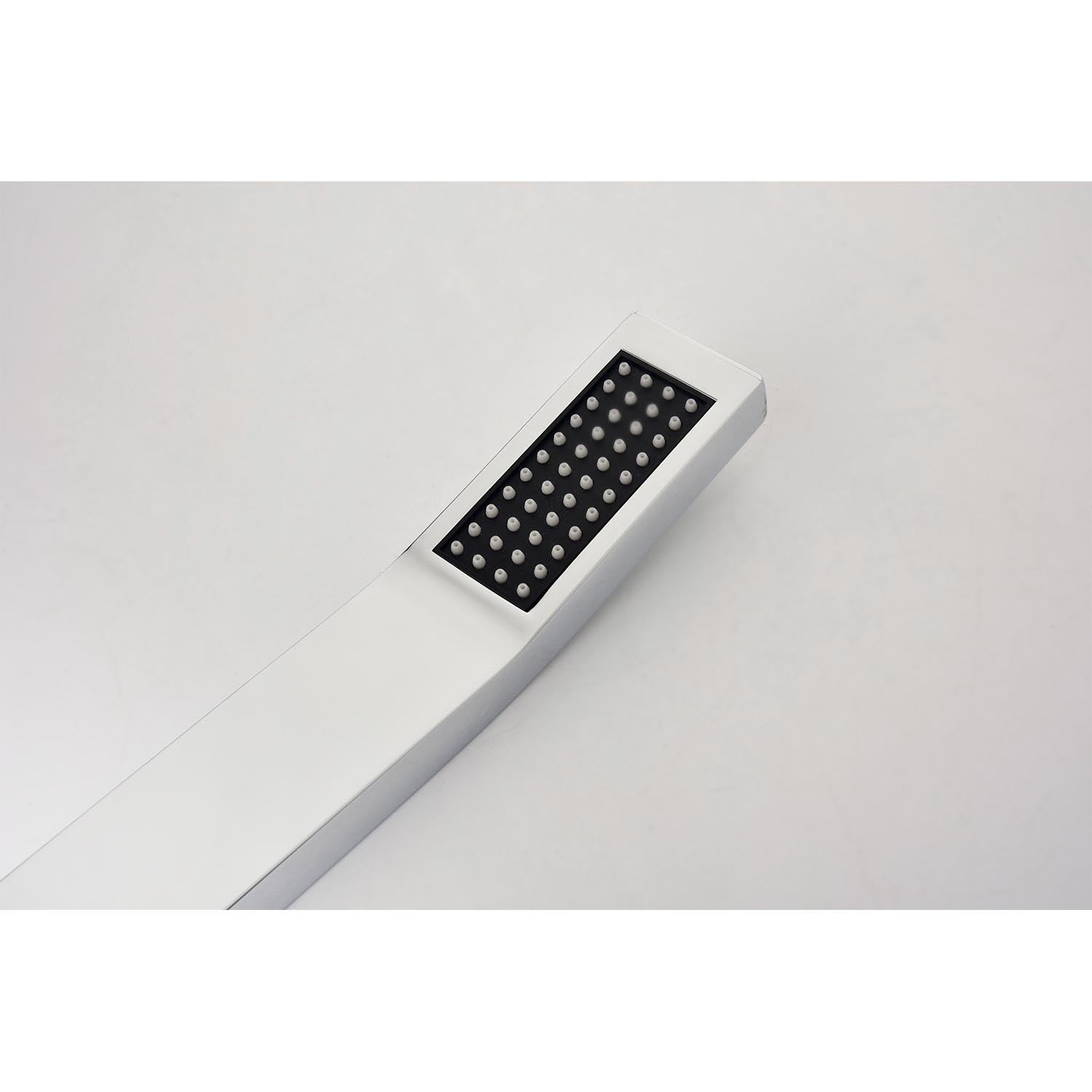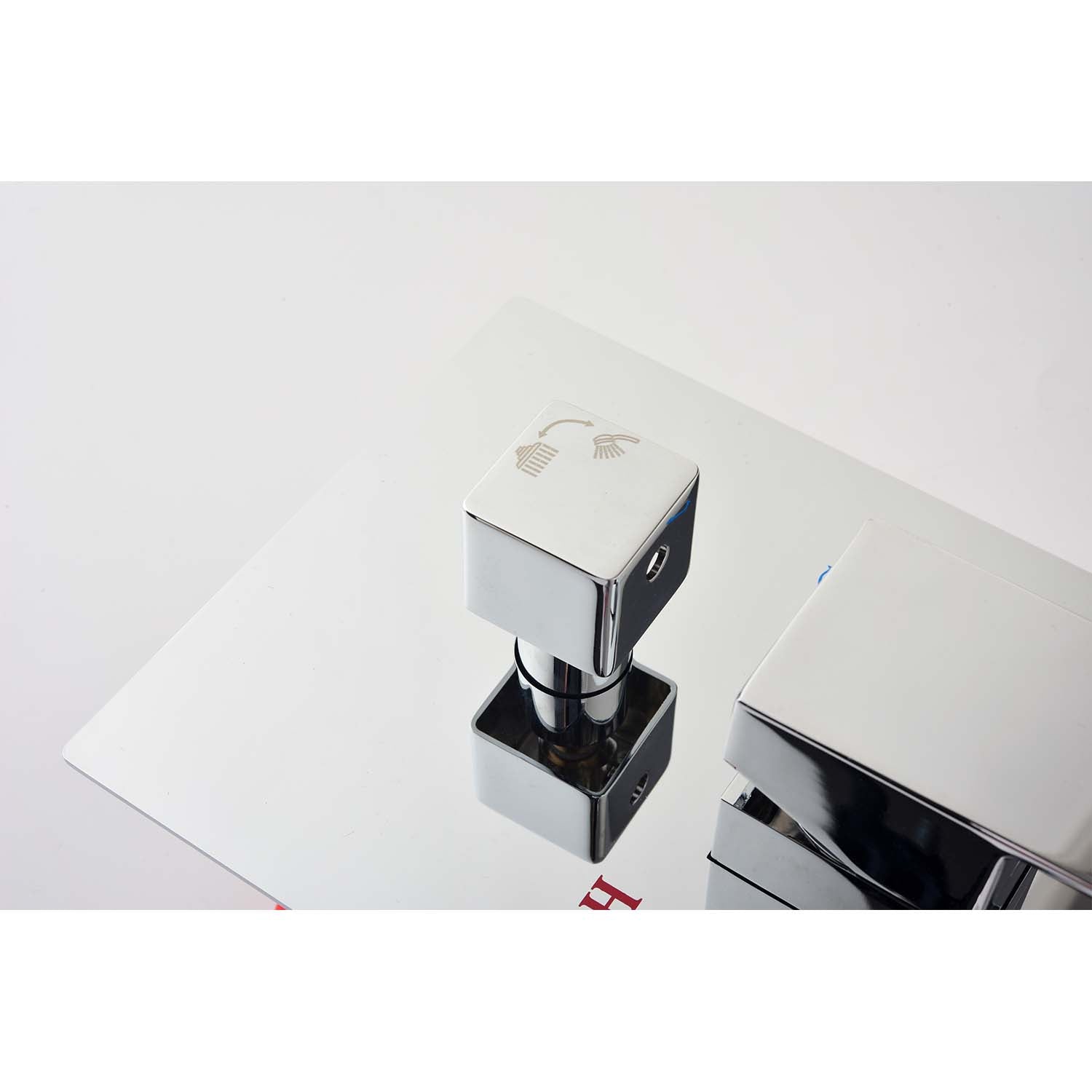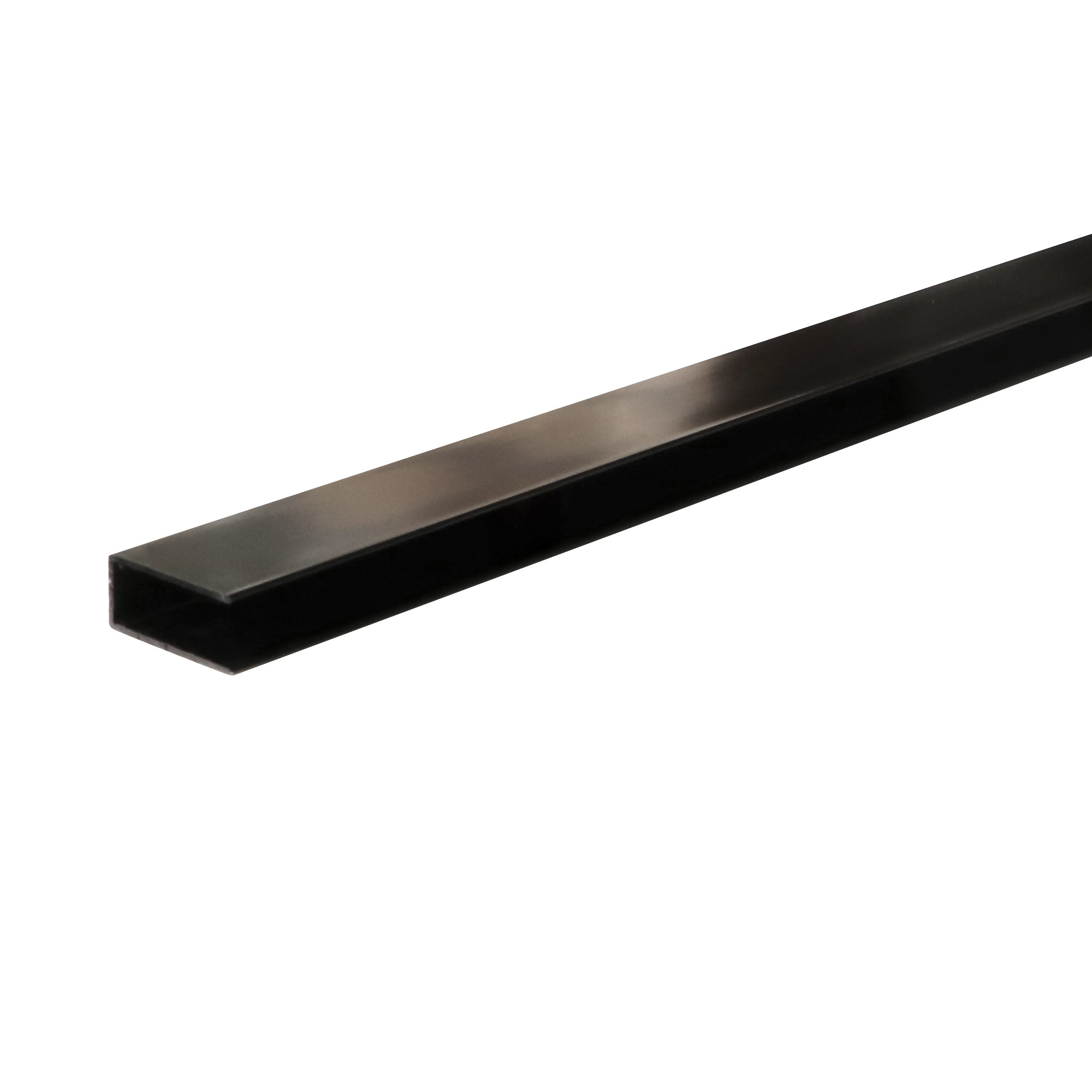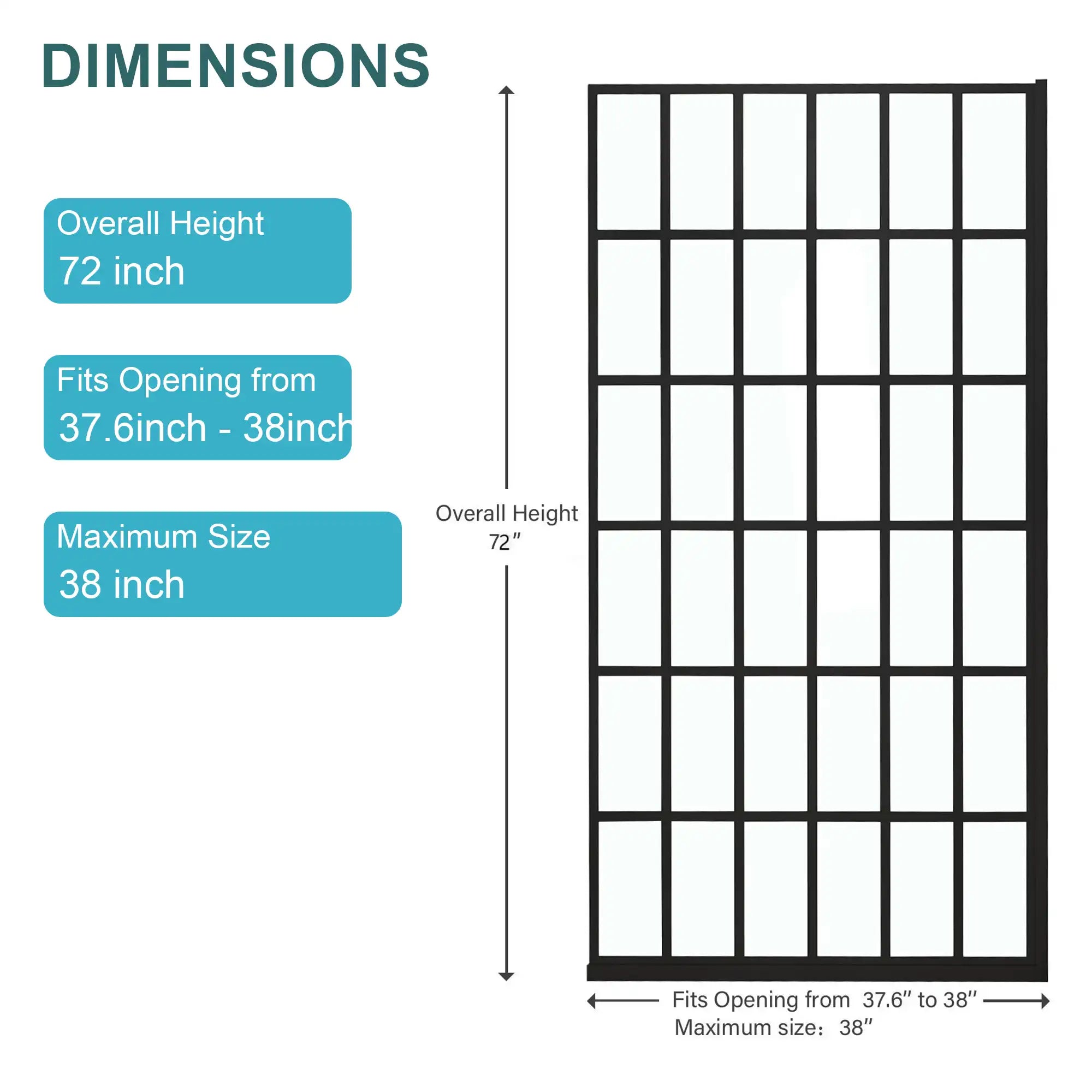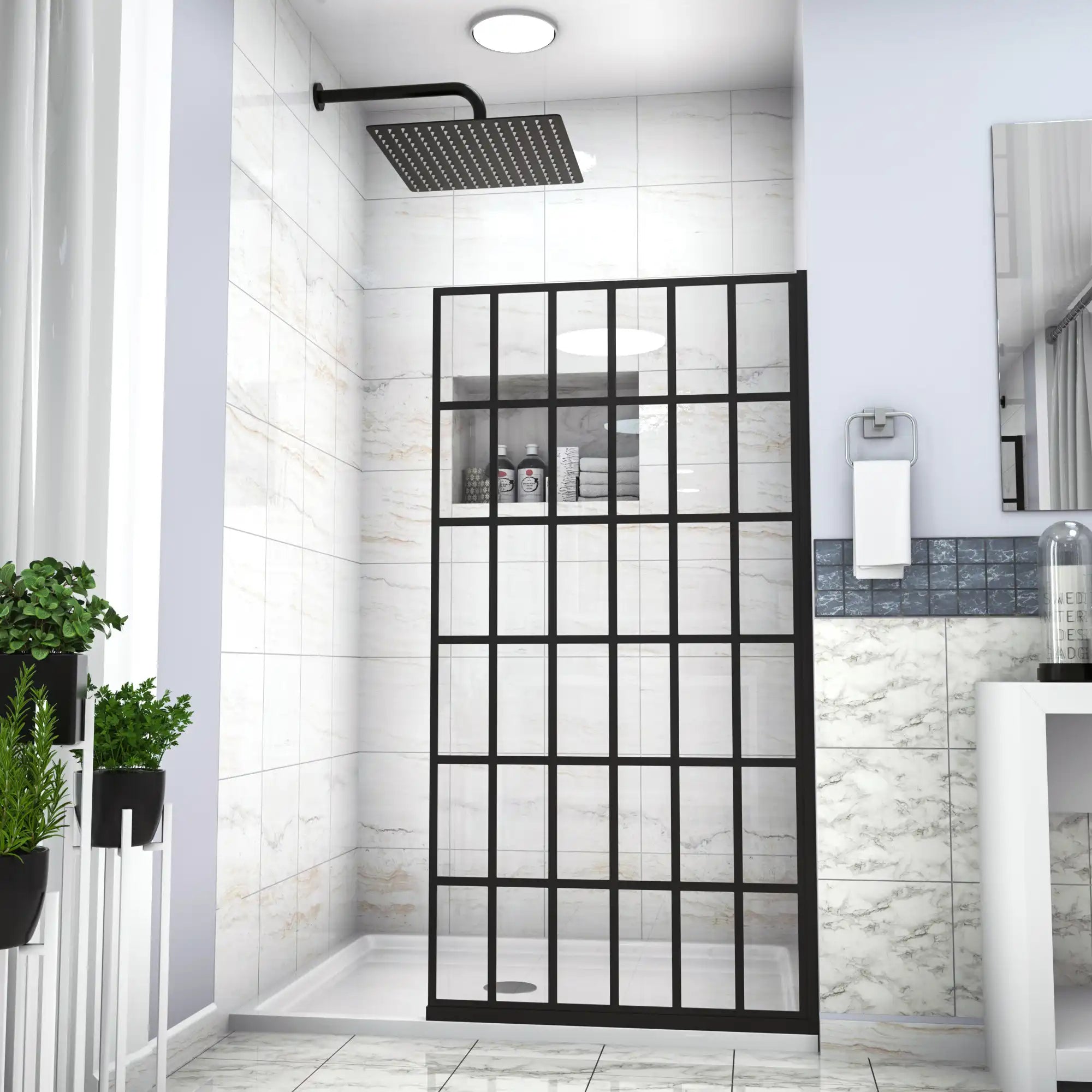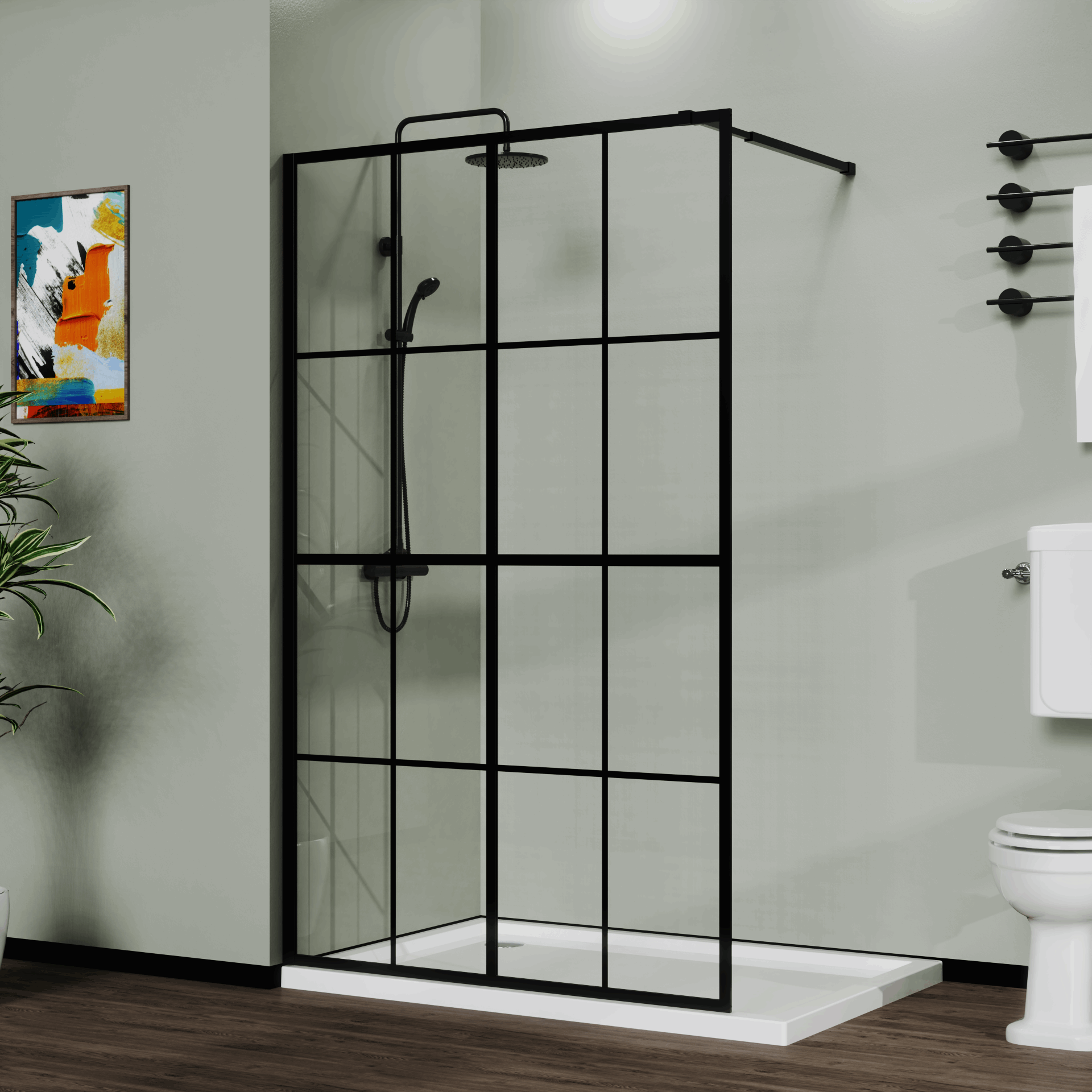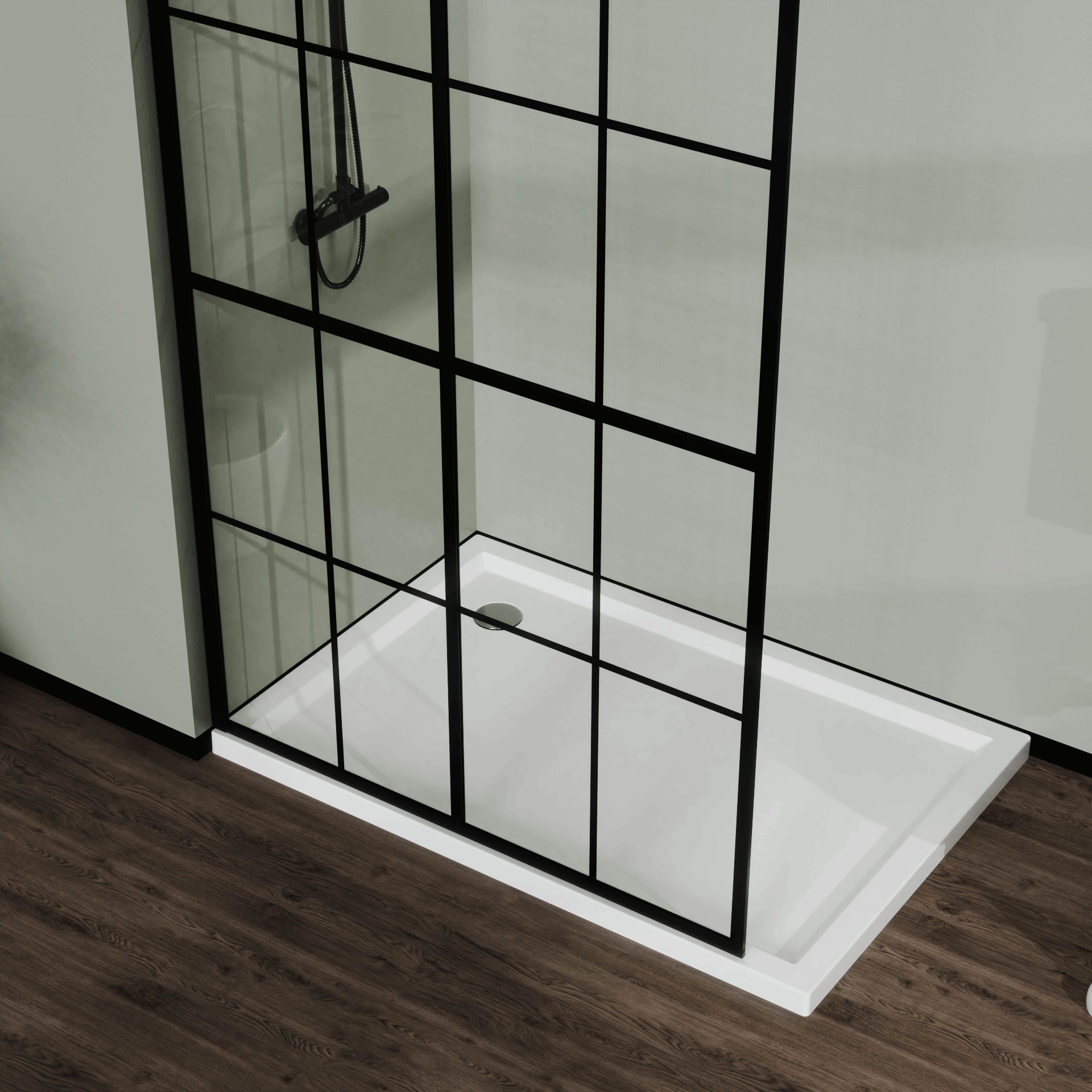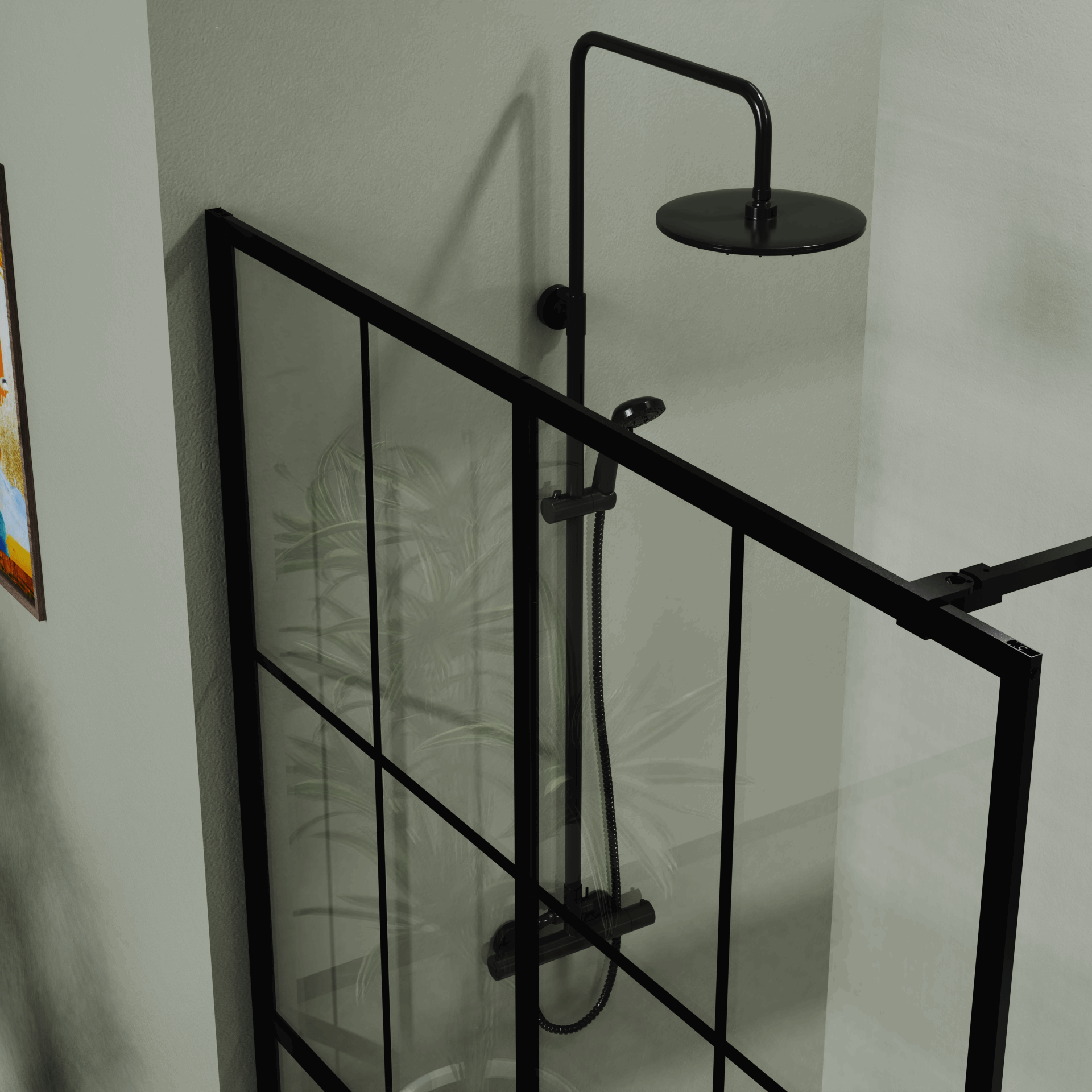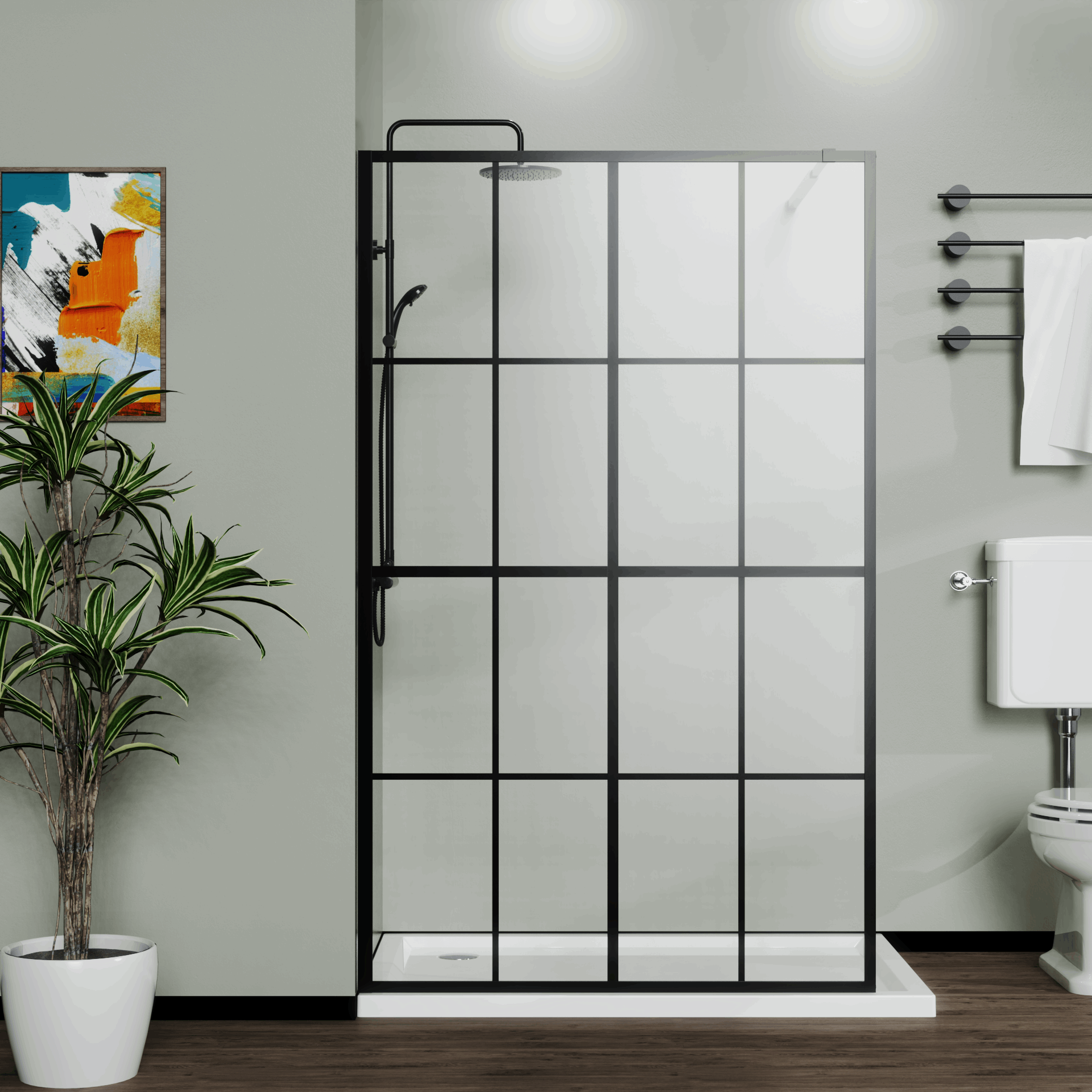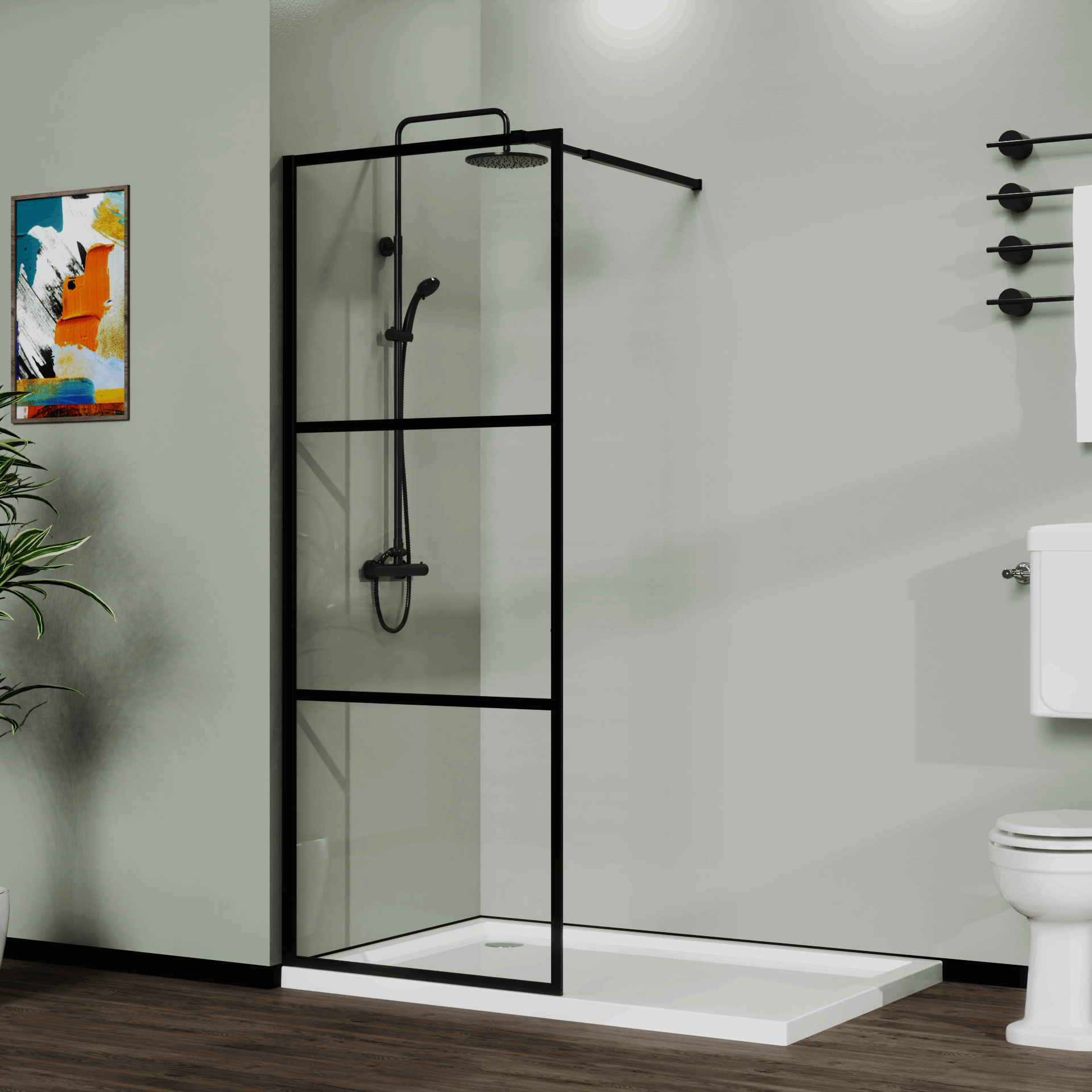Table of Contents
- 1. Preparation: The Foundation of a Successful Bath
- 2. Brushing: The Secret Weapon
- 3. Test the Water: Temperature Matters
- 4. Wet the Fur: Start Calm, Go Slow
- 5. Use Dog-Specific Shampoo: This Isn’t Human Haircare
- 6. Lather and Massage: Make It Count
- 7. Rinse Completely: No Residue Left Behind
- 8. Drying: Not Just a Towel-Off
- 9. Why Walk-In Showers Make It All Easier?
- 10. Conclusion
- 11. FAQ
- 12. Related Articles
Introduction
Every dog owner knows that bathing a dog is like a "bathroom battle." The dog jumps and runs around, water splashes everywhere, the bathroom floor is slippery, and both the dog and the owner end up exhausted. Why does "how to bathe a dog" become such a struggle? Maybe it's time to try a new method – a walk-in shower. It not only helps you easily handle the bathing challenge but also improves your quality of life and your dog's comfort. Today, we’ll dive into how to bathe a dog and make this task enjoyable and stress-free.
1. Preparation: The Foundation of a Successful Bath
Before you begin, remember this: the key to how to bathe a dog lies in preparation. Just like people, dogs don’t enjoy being pulled into a bathroom without warning. Creating a peaceful, safe environment is your first win.
Let Your Dog Burn Off Energy
Take your dog for a walk or play fetch. A tired dog is a calm dog — and a calm dog is much easier to bathe. Experts say that pre-bath activity can reduce resistance and anxiety during the process of how to bathe a dog.
Gather All Your Tools
Nothing breaks momentum like running for a towel mid-bath. Prepare everything in advance: dog-friendly shampoo, towels, brush, skin treatments, and treats. The smoother your setup, the smoother the process of how to bathe a dog will go.
2. Brushing: The Secret Weapon
Before turning on the water, grab your dog’s brush. One of the most underestimated steps in how to bathe a dog is grooming before wetting.
Why Brush Before Bathing?
Brushing removes loose fur and tangles. This helps shampoo reach the skin and prevents matting. Long-haired breeds, in particular, benefit greatly from this step in the process of how to bathe a dog.

3. Test the Water: Temperature Matters
Think lukewarm, not hot. While you might love a steaming shower, your dog’s skin is much more sensitive.
The Right Temperature
Keep water between 90°F and 98°F (32°C–37°C). According to veterinary dermatologists, anything hotter can irritate your dog’s skin. Remember, how to bathe a dog isn't just about getting clean—it’s about comfort too.
4. Wet the Fur: Start Calm, Go Slow
Use a handheld showerhead to control water pressure. Start from the back and move forward slowly. When learning how to bathe a dog, always avoid dousing their face immediately—it’s startling and counterproductive.
Pro Tip
Use your hand to guide the flow and speak calmly throughout the rinse. It reassures your dog and reinforces that how to bathe a dog can be a calm experience.
5. Use Dog-Specific Shampoo: This Isn’t Human Haircare
One of the biggest mistakes pet owners make is using their own shampoo. Human products can throw off your dog’s pH balance.
How to Choose the Right Shampoo
Look for sulfate-free, natural ingredient shampoos formulated for dogs. If your dog has skin conditions, choose a medicated formula as recommended by your vet. This is one of the most overlooked parts of how to bathe a dog with skin sensitivity.

6. Lather and Massage: Make It Count
Don’t just slap on shampoo and rinse. Lather thoroughly, massaging from the shoulders down. Use a soft cloth for the face to avoid soap in the eyes.
Why This Matters
A good lather helps lift dirt and dander trapped beneath the coat. Massaging also promotes circulation and relaxes the dog. When considering how to bathe a dog properly, this step adds a touch of spa treatment.

7. Rinse Completely: No Residue Left Behind
Residual shampoo can irritate your dog’s skin and lead to itching or flaking. Rinse until the water runs clear, even if it takes longer than expected.
Rinsing Strategy
Start at the neck and rinse down the body in sections. Be thorough. Incomplete rinsing is a common failure point in how to bathe a dog correctly.

8. Drying: Not Just a Towel-Off
Once rinsed, immediately wrap your dog in a super absorbent towel. Pat dry—don’t rub vigorously. If your dog tolerates it, use a pet-safe blow dryer on a low heat setting.
Finish With a Brush
Once mostly dry, brush again to prevent matting and distribute natural oils. A key part of how to bathe a dog is ensuring post-bath coat health.

9. Why Walk-In Showers Make It All Easier?
A walk-in shower isn’t just a luxury for humans. It’s a game-changer for how to bathe a dog.
Benefits:
- Low threshold makes access easier, especially for senior or large dogs.
- Handheld showerhead allows for targeted rinsing.
- Non-slip floors enhance safety for both pet and owner.
- Grout-free walls make cleaning fur and soap buildup much simpler.
Pet behaviorists note that a calm environment reduces fear responses, which makes a walk-in shower a smart solution for how to bathe a dog at home without stress.
Conclusion
Bathing your dog doesn’t have to be chaotic. With thoughtful preparation, the right products, and a well-designed walk-in shower, how to bathe a dog becomes a skill you can master.
By following the steps above—from brushing and rinsing to drying and rewarding—you turn a dreaded chore into a bonding moment. The secret to how to bathe a dog isn’t just in the technique, it’s in the mindset: calm, prepared, and always rewarding.
Ready to upgrade your dog’s bathing experience?
Start with your shower. A walk-in shower isn’t just about luxury—it’s your best assistant in how to bathe a dog like a pro.
FAQ
Q1: Can I use baby shampoo on my dog?
A: Not recommended. Even gentle human shampoos can disrupt a dog’s skin balance. Always choose a product designed for dogs when following any how to bathe a dog routine.
Q2: My dog hates water. What should I do?
A: Desensitize slowly—start by letting them sit in the shower area dry, then add small amounts of water while rewarding them. Understanding dog psychology is crucial when learning how to bathe a dog who fears water.
Q3: How often should I bathe my dog?
A: It varies by breed, coat type, and lifestyle. Typically, once every 4–8 weeks. Over-bathing can strip natural oils, an important consideration when planning how to bathe a dog regularly.
Q4: Is it better to bathe indoors or outdoors?
A: Indoors with temperature control is ideal. A walk-in shower offers consistent comfort—especially important in cooler months or for small breeds when thinking about how to bathe a dog efficiently.
Related Articles:
Choosing the Perfect Shower Door for Your Walk-In Shower: A Comprehensive Guide
Structural Engineering Considerations for Large Walk-In Shower Doors
Best Shower Systems 2025: 10 Best Shower Systems for Your Home
